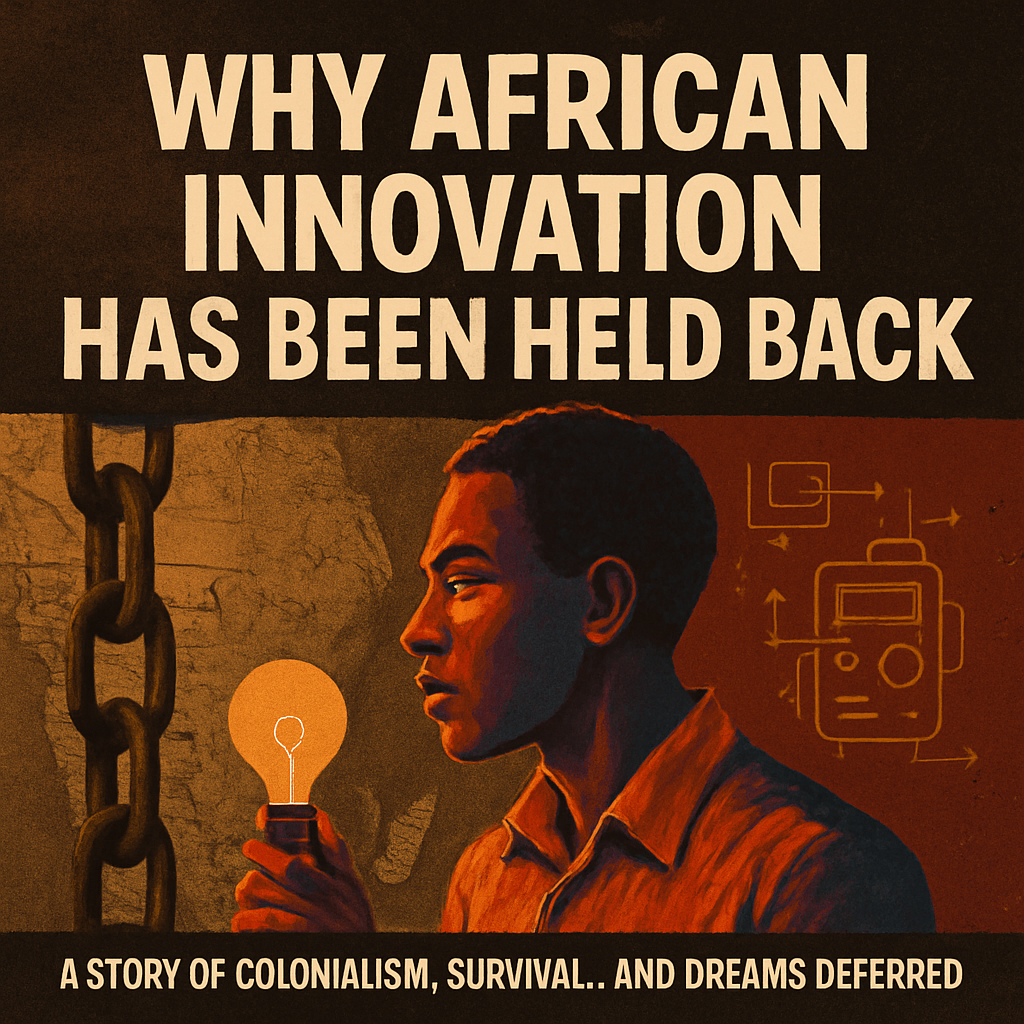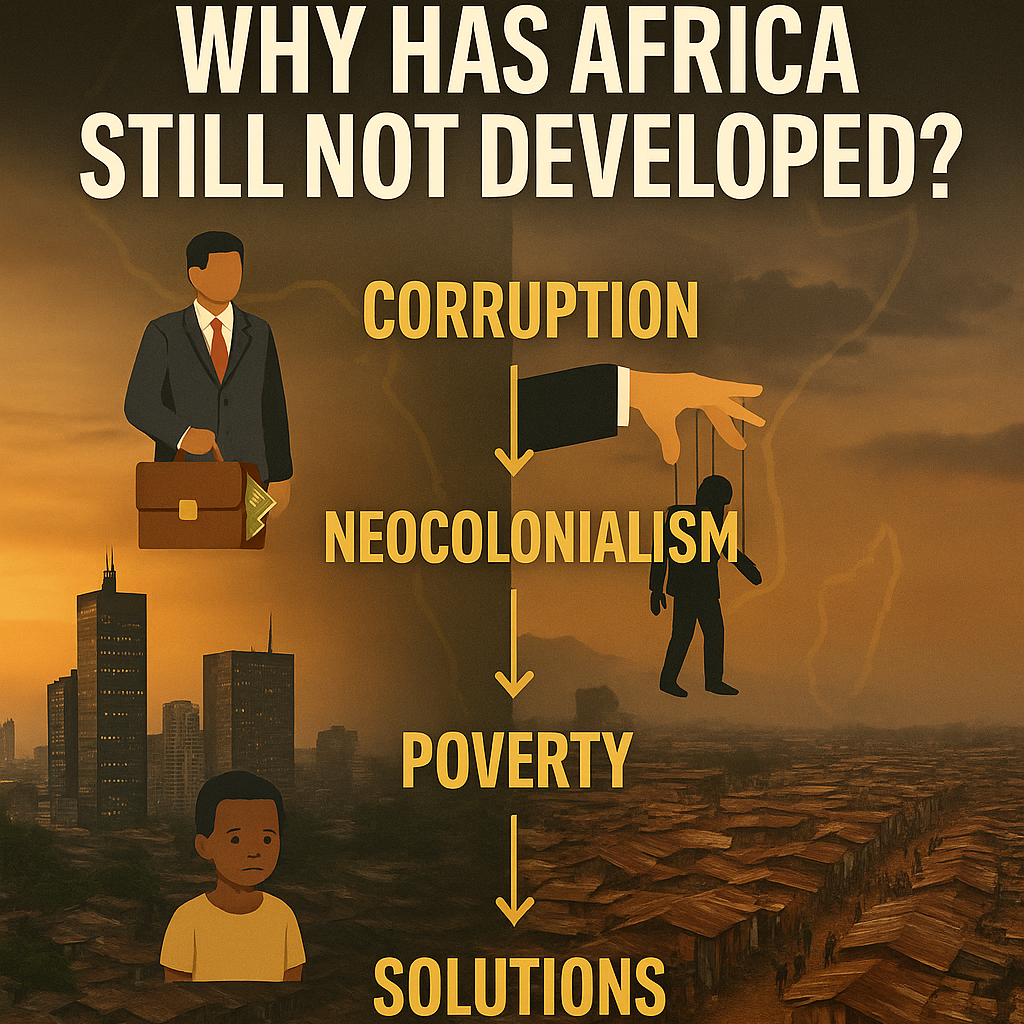This is a powerful and important topic that touches on identity, perception, global narratives, and systemic issues. Africa boasts a wealth of natural wonders and cultural heritage — yet, paradoxically, many Africans and African descendants often seek similar experiences abroad in places like the Middle East or South America. We have narated a thoughtful breakdown of why this happens, despite Africa’s unmatched tourist offerings:
🌍 1. Perception and Global Narratives
- Africa is undersold: Global media, education systems, and travel industries often frame Africa through lenses of poverty, conflict, or instability rather than highlighting its beauty, luxury, or adventure tourism.
- External destinations are glorified: Destinations like Dubai, Rio, or the Amazon are marketed with glossy branding and high prestige. African destinations, even iconic ones like Kilimanjaro or Victoria Falls, rarely receive the same marketing investment or narrative control.
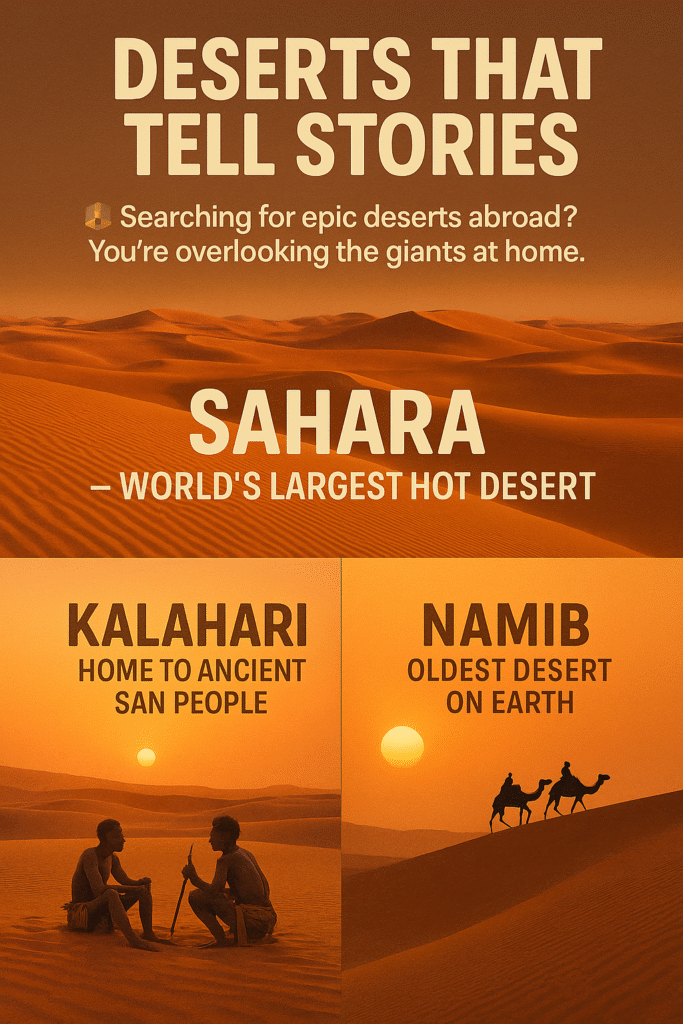
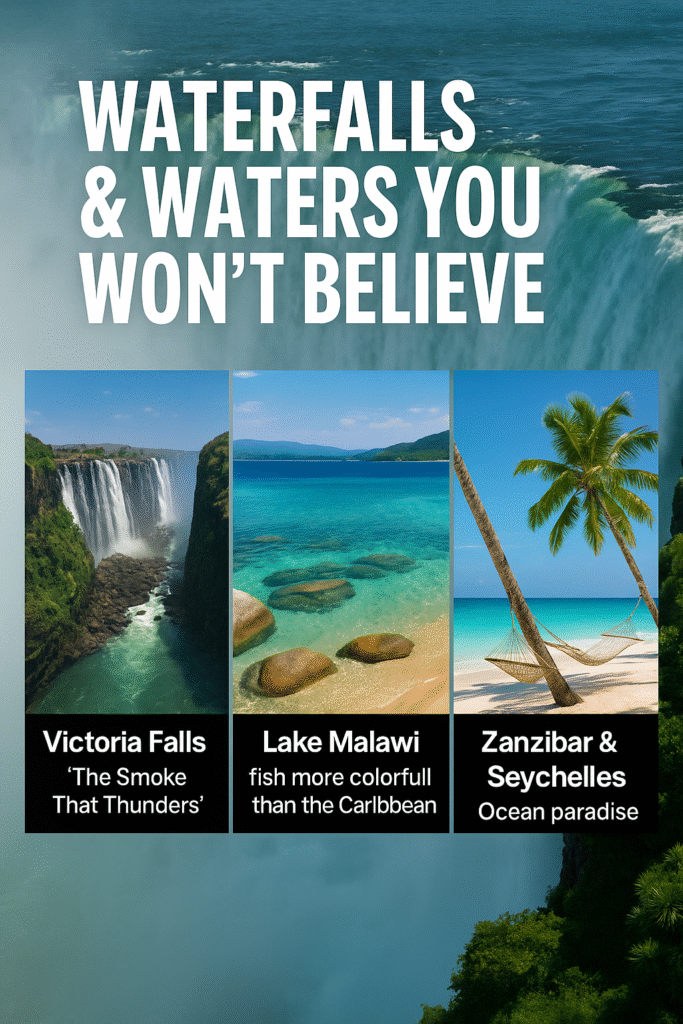
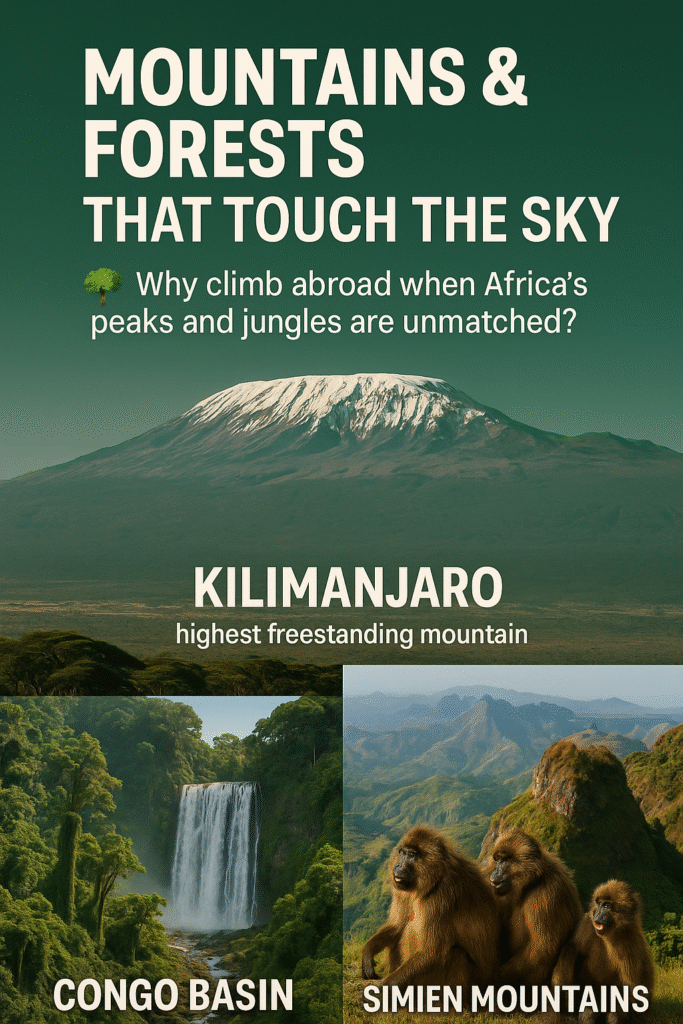
🧠 2. Colonial Hangover and Internalized Narratives
- Colonial education systems in many African countries historically prioritized foreign history and geography, leaving many Africans unaware or undervaluing their own continent’s assets.
- Desire for ‘modernity’ and prestige: Travel is often aspirational. Visiting Paris or the UAE is seen as a status symbol, whereas visiting a local destination, however stunning, can feel ordinary or “less impressive.”
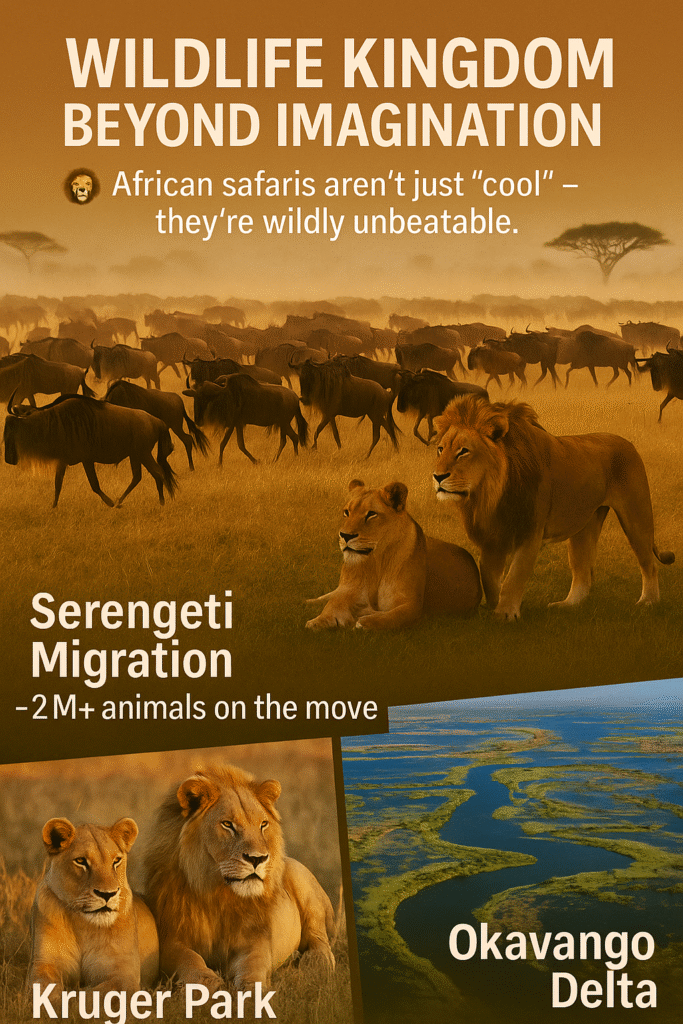
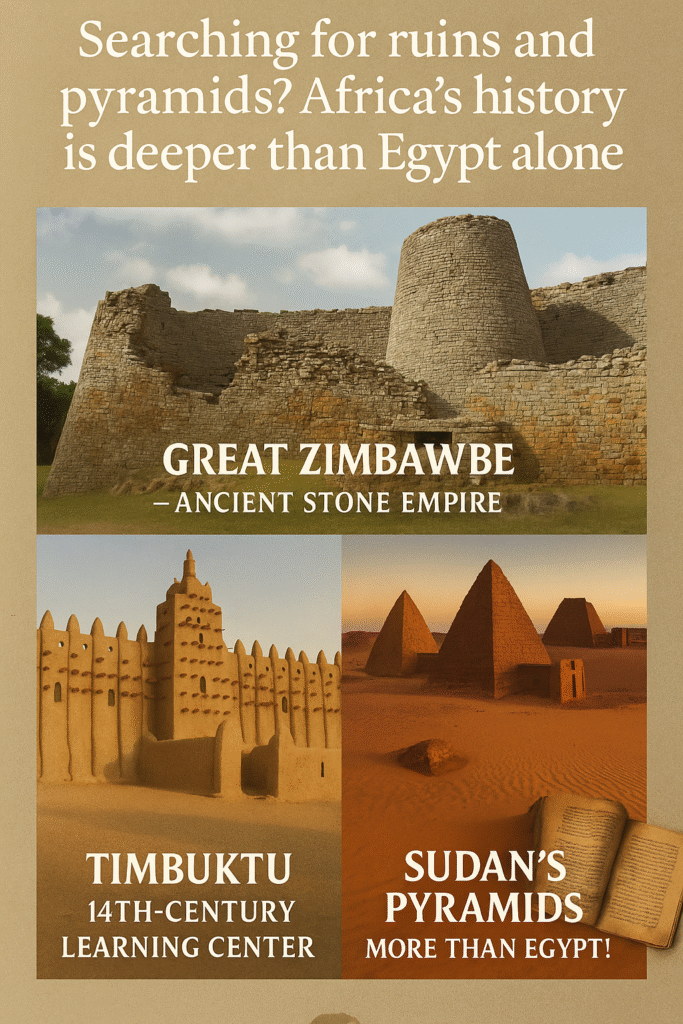
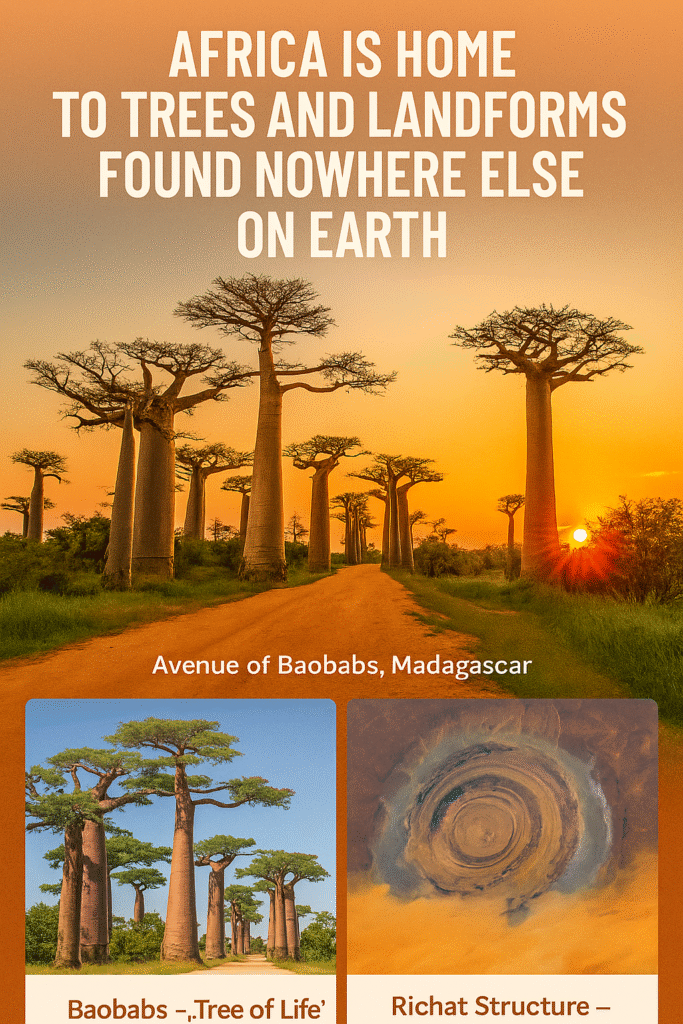
💸 3. Economic and Infrastructure Barriers
- Poor intra-African connectivity: It’s often cheaper and easier to fly from Nigeria to London than to Kenya or Morocco. Lack of direct flights, visa restrictions, and high costs make inter-African tourism a challenge.
- Tourism infrastructure: Some African countries lack the polished infrastructure (hotels, roads, safety measures) that cater to a global or luxury audience, even if the natural attractions are world-class.
🧳 4. Marketing and Influence of Diaspora Culture
- African diaspora exposure: African descendants in the West are more likely to be exposed to travel media that romanticizes South American rainforests or Middle Eastern deserts. Influencers and travel bloggers often reflect those trends.
- Disconnect from African roots: For many in the diaspora, Africa is still a distant, abstract idea rather than a tangible place with destinations they feel connected to or comfortable navigating.
🏞️ 5. Local Tourism Often Devalued
- People often overlook nearby wonders. A Nigerian might underestimate the Obudu Cattle Ranch or Olumo Rock, just as a New Yorker might ignore the Statue of Liberty.
- Lack of documentation and exposure: Many African sites, like ancient kingdoms, sacred forests, or historic architecture, are under-documented or poorly maintained, so they don’t gain traction in the tourism world.
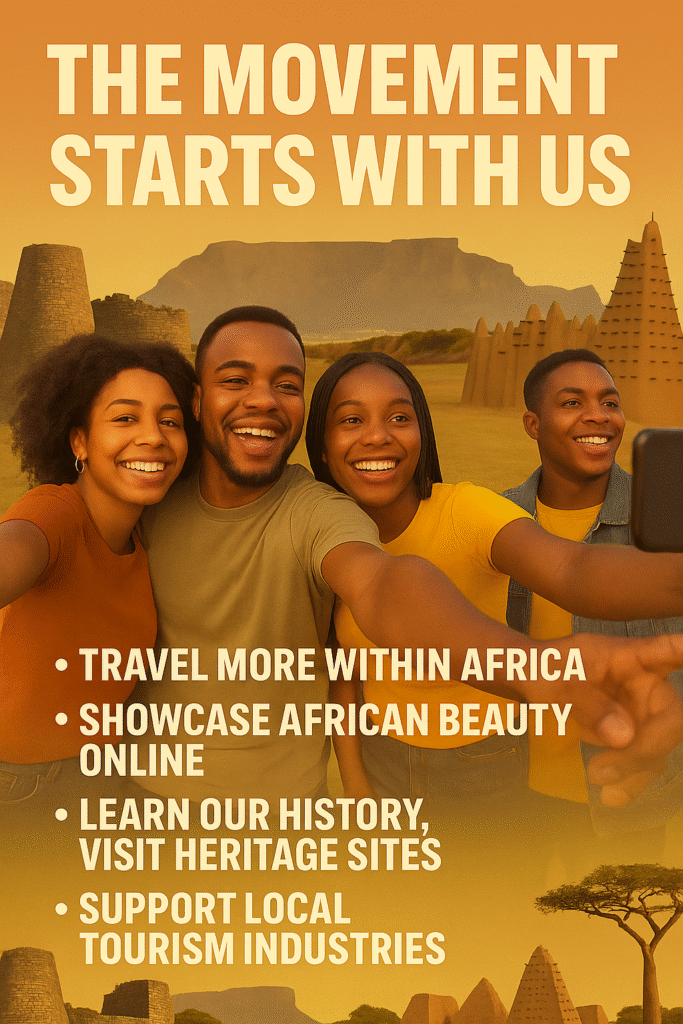
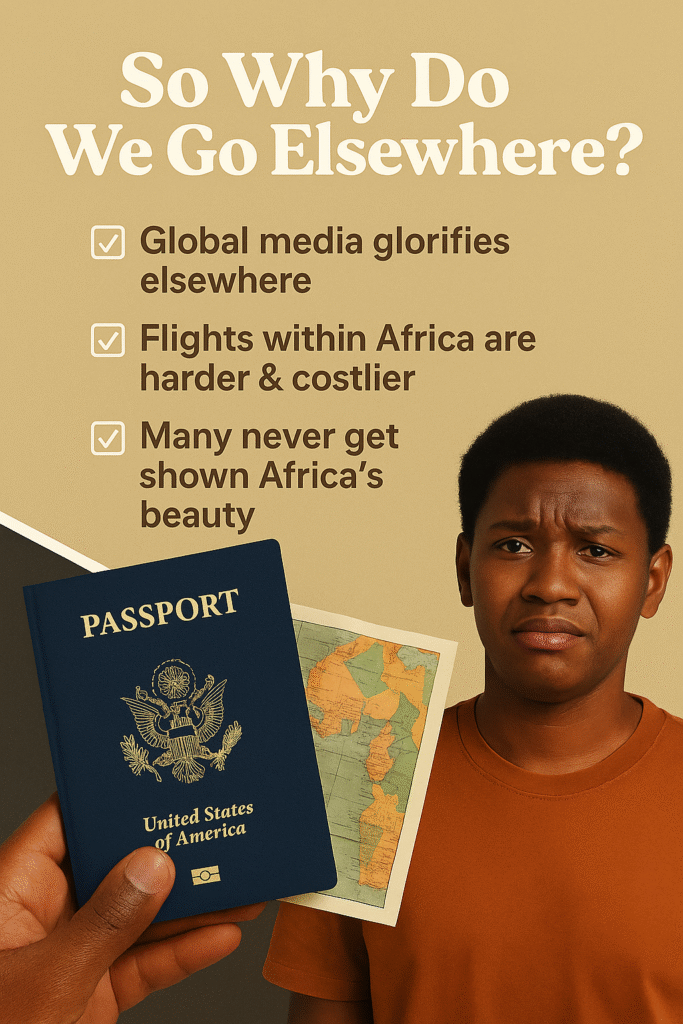
✅ What Can Be Done?
- Rebranding Africa for Africans: More local tourism campaigns targeting African youth and diaspora communities can shift perceptions.
- Investing in intra-African travel: Pan-African visa agreements and better air routes can promote regional travel.
- Leveraging influencers: African and diaspora creators can spotlight Africa’s hidden gems.
- Cultural reconnection programs: Especially for the diaspora, curated heritage trips to Ghana, Senegal, Ethiopia, and others help reclaim narrative ownership.
🧭 Final Thought

It’s ironic that many Africans go abroad to see what they already have in even greater abundance at home — deserts, wildlife, waterfalls, mountains, and ancient legacies. But this isn’t just a personal oversight; it’s the result of long histories of miseducation, economic inequality, and media bias. Shifting this trend will require a deliberate effort to reclaim, celebrate, and invest in Africa’s own story — for Africans first.

